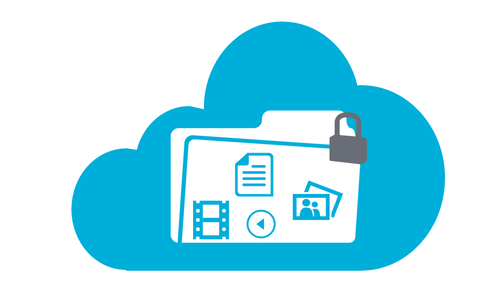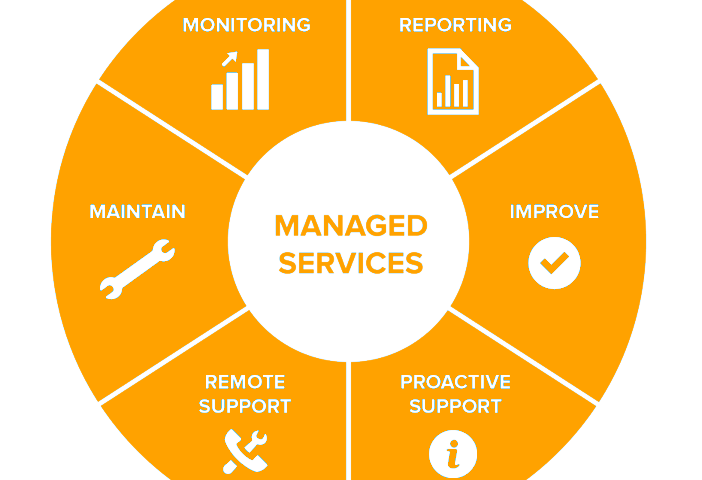Cloud computing is a combination of hosted applications, data storage, and remote server access through the Internet. The cloud is where all those applications and data are stored. Many individuals and businesses use the cloud in some format, often without knowing. Social networks and email applications are two of the most common uses.
The origins of the cloud began when individuals and businesses started depicting the Internet as a cloud in diagrams. When the cloud, as we know it and experience it today was developed, its name came from these diagrams.
Nowadays, a common term is cloud computing, which refers to the ability for users to access data, applications, and services remotely via the Internet. And that's what it's all about, enabling remote access - and keeping everything safe and secure.
What happens when you store professional data within cloud storage? Though losing personal data is tragic, the stakes are even higher for business data. Business contact lists, customer information, subscriber lists, and payment information represent just a few examples of corporate data stored in the cloud. What happens when this information goes missing?
The risk of data loss exists – much in the same way it exists for hardware-based storage technology. For both situations, security solutions are available.
There are a variety of ways to lose data in the cloud. Sometimes technology fails. Computers freeze and backup copies are lost. Other times, servers crash and the information contained within is lost. These are all potential sources of data loss, and the cloud is not exempt from technology failure or human error.
Below are three of the most common factors for data loss in the cloud:
1. Accidental Deletion/User Error: Perhaps the most common source of data loss when using cloud storage is unintentional deletion.
2. Overwriting Data: It is also possible to have information mistakenly overwritten by users or by applications. Software-as-a-Service (SaaS) applications are a potential source of massive data loss. These apps hold and continuously update large data sets. New information has the potential to overwrite old information and can cause data sets to be partially overwritten in the process.
3. Malicious Actions: Most cloud storage providers go to great lengths to secure their networks and your data, but not all attacks can be prevented.
Tri-Copy offers robust cloud storage options that provide you with ample storage, affordable pricing, and, most importantly, robust security. When you work with Tri-Copy on a cloud storage solution, you have access to the best software programs available (at a price you can afford) and a team of highly-skilled experts who can optimize your cloud storage and mitigate threats to your information.
Data storage may never be perfect, but there are solutions available to mitigate risks and provide security. If you are interested in working with Tri-Copy to develop a secure cloud storage solution, request a free consultation today.




